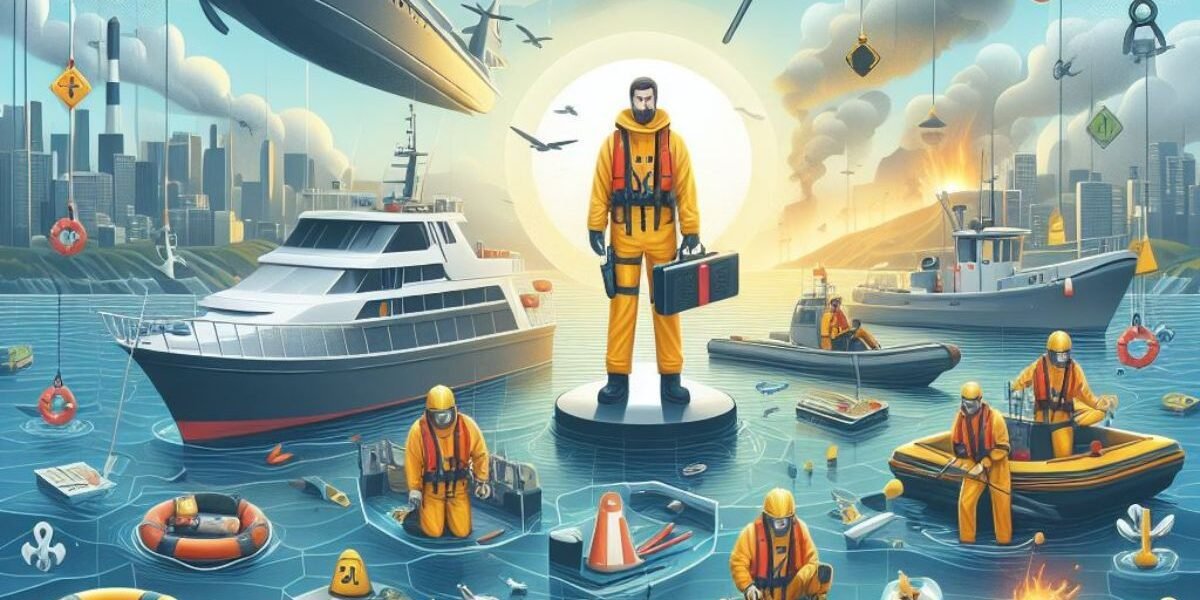Reducing the Risk of a Dangerous Boating Emergency: Essential Practices
Reducing Hazards of Boating Accidents: Essential Tips
When using a boat on the lake, it is important to follow safety rules that can save life and limb.
The most vital piece of advice is wear life jacket at all times even if you are good swimmer.
In emergency situations, wearing a life jacket can make difference between living and dying particularly when somebody would have drowned or become submerged.
Furthermore, maintaining safe velocity considering other boats’ movement may also minimize possibilities
Another important aspect of vessel safety is being prepared for the unexpected.
Taking a boating safety course can greatly improve your reaction time in the event of an emergency.
These courses cover how to properly operate a boat, turn the boat quickly, and stay safe in various situations on the water.
Boat owners should also utilize free vessel safety checks to help ensure their watercraft is in top condition and safe for operationevent of an emergency, it is important to have the contact information for a reputable boat accident lawyer who specializes in personal injury cases.
These steps can help make sure you and your loved ones are safe on the water and reduce the risk of serious injuries or worse.
Understanding the Importance of Boating Safety
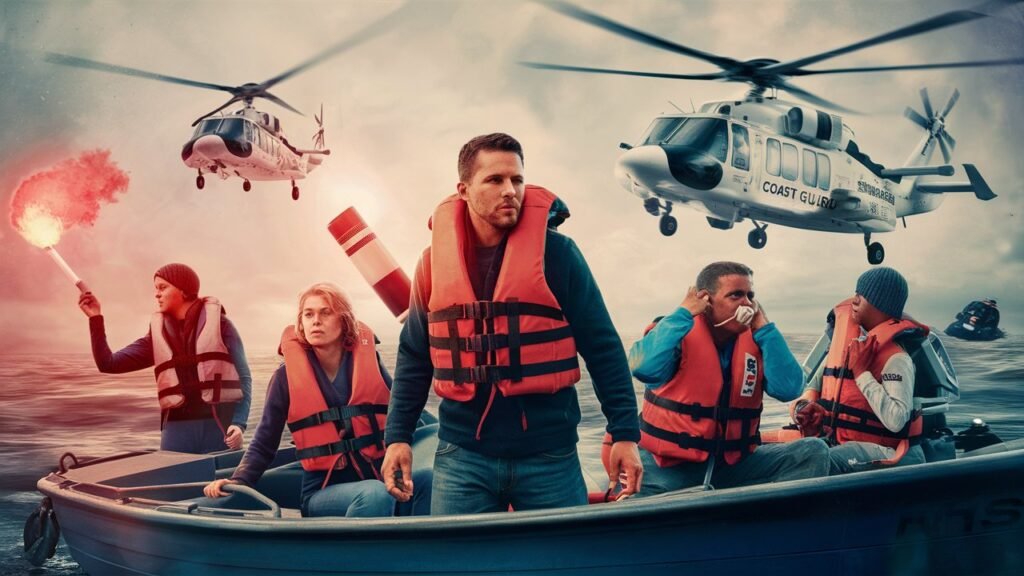
Comprehending the Significance of Boating Safety
In order to stay afloat in water without any risk, any boater must know what boating safety is.
When you are out on the water not following safe boating practices can heighten accidents and injuries.
Boaters can keep themselves safe while boating by heeding tips given by organizations like U.S. Coast Guard. It is vital that you let everybody aboard know what to do if there is an emergency and also be conscious about potential dangers.
Equipped with necessary tools required by law, having a means of calling for help when sending distress signals could turn an irresponsible act into a non-event tragedy.
One among many common hazards on waters is falling overboard as a passenger.
Being conscious about where you are, what surrounds you and how people around behave while in water will enable one avoid risks thereby reducing accidents rates too.
Before going out check weather forecast always and ensure your equipment functions well.
You should assign someone as safety responsible person and minimize distractions while driving boats too.
Always maintain safe speeds especially in congested areas but slow down whenever necessary.
How to Maintain a Safe Speed on the Water
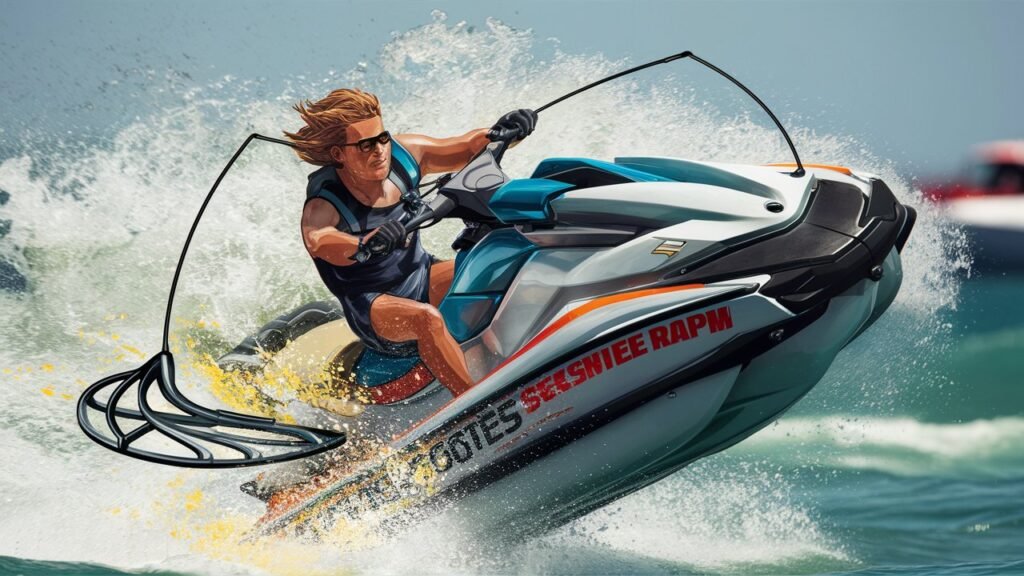
To prevent accidents and hazardous situations, boat drivers must consider their speed at all times.
Speeding increases the chances of hitting other boats or objects in the water which can be fatal.
It is advisable for operators to first check on weather conditions before going into the sea because high speeds coupled with rough seas or strong winds may make it difficult to control .
Moreover, having a certificate or any training related to piloting vessels can also help reduce cases of accidents.
If you have suffered injuries resulting from this kind of incident, contacting a maritime lawyer could be helpful in exploring what legal steps can be taken.
These tips can help prevent accidents and keep everyone on the water safe.
Awareness of the environment and coordination with other boat operators are additional key elements for a safe speed on water.
While you may not think much about it, wakes caused by boats can create problems for other watercrafts; thus, you must be mindful and not endanger anyone else’s safety.
Identifying Common Causes of Boating Accidents
Recognizing the Usual Origins of Boat Mishaps
A single common cause for boat accidents is failing to check the weather before you start sailing.
This can lead to sudden storms, which create hazardous conditions that are bound to end in collisions.
Another typical reason is that some people who operate boats lack experience and may not be aware of necessary rules and regulations on water bodies.
If they do not have the right information, they might accidentally endanger themselves or others around them.
Furthermore, failure to maintain a vessel in good condition could also result in accidents occurring while boating.
For instance, problems with the engine or any other important part may cause breakdowns or loss of control over a boat.
Ultimately, accidents might happen if someone behaves recklessly like driving too fast or attempting risky stunts such as diving off a moving boat.
Impact of Weather Conditions on Boating Safety
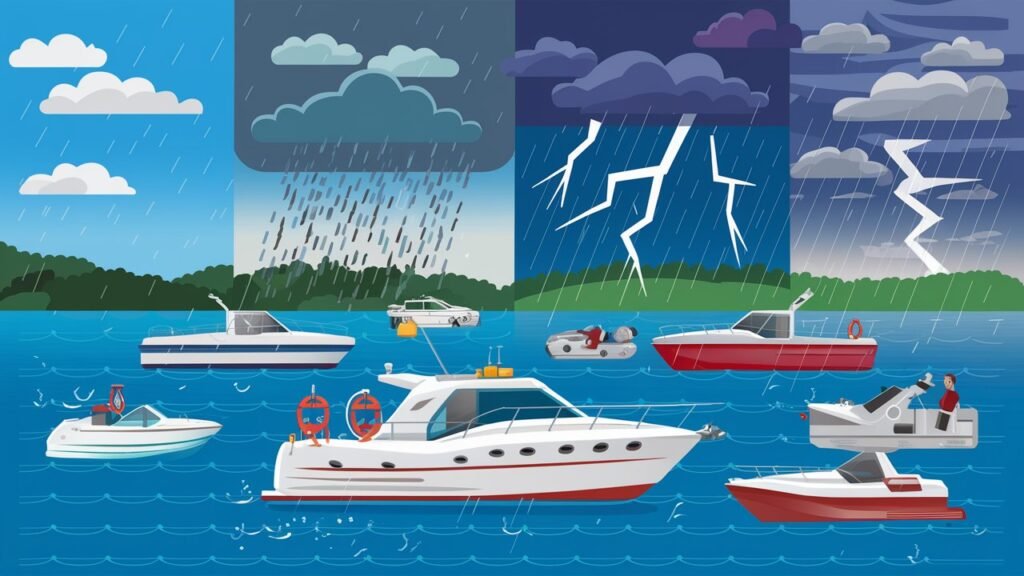
Ensuring the safety of boating trips mainly depends on checking weather conditions.
To know if there are any possible dangers or troubles ahead, boaters should check weather forecasts before setting off into the water.
When it comes to boating safety, heavy thunderstorms, strong winds and foggy weather among other forms of severe climate can have a big effect and increase accidents or incidents risk.
Failure to prepare adequately for bad weather can endanger the lives of both boaters and their passengers resulting into emergencies that necessitate rescue operations.
Boaters who keep themselves updated with changes in weather while still at sea can use this information not only for their own protection but also other people’s aboard by making informed choices as well as taking necessary measures.
Significance of Proper Navigation and Awareness of Surroundings
Coast Guard Regulations and Safety Checks
Verifying the weather is a significant part of Coast Guard Regulations and Safety Checks before commencing any journey by water.
Coast Guard Regulations and Safety Checks
Awareness of your surroundings as well as proper navigation are important for safe travels.
Whether you are on foot, using another type of transportation or driving; it is crucial to know where you are going.
This helps in preventing being lost therefore saving time too.
Moreover, being conversant with what is happening around you enables one to keep safe since they can easily spot dangers that might be lurking within their vicinity especially unfamiliar places which may be crowded with people who have ill intentions towards others.
It also ensures that if necessary precautions were taken earlier enough then there would be no need for changing courses too frequently due to unforeseen events thus disrupting an otherwise successful journey.
Safety checks form an integral part of coast guards’ responsibilities towards maritime safety.
These checks are done before a ship sets off so as to ensure its seaworthiness together with carrying all required safety equipments.
boaters should take into account Coast Guard Reports on weather forecasts which can help them identify potential risks or hazards ahead while out at sea or any other water body.
Reacting Effectively in the Event of a Boating Emergency
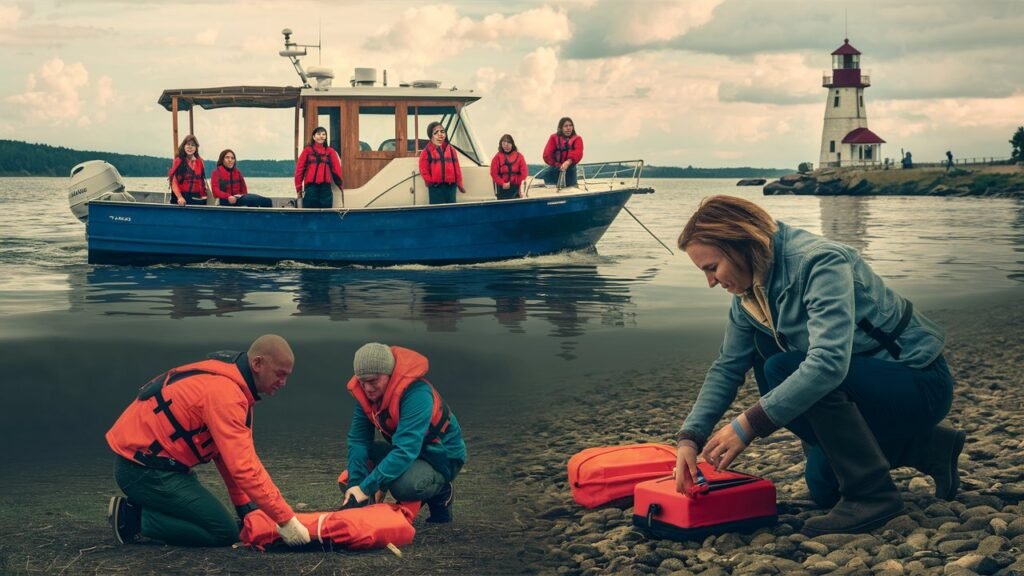
When the boat is in danger, it is important to respond with calm and clear-headed thinking to provide safety for all people on board.
The very first thing that must be done to react efficiently is keeping quiet and examining everything around you.
Examine whether there are any injuries or damage on a vessel and if necessary put life jackets on.
Then call rescuers or other ships that are close by for help.
It is significant to have emergency plan before going out into the water, including knowledge about location of safety equipment and its usage.
Being prepared and taking fast actions during boating emergencies may lead to good results therefore saving lives.
Understanding the Hazards and Risks Present in the Water
Water safety requires an understanding of its dangers and hazards.
These can be any number of things, from natural lakes or rivers to artificial pools and systems.
The risk for drowning is especially high in places where swimming is allowed.
Other dangers include pollution or bacteria that may cause illness or infection. It is important to know about them and take steps in response.
Contaminants should be checked for regularly through water tests, as well as harmful bacteria. This can detect potential problems early on before they worsen over time.
Failing to maintain swimming pools and other bodies of water properly clean puts many people’s lives at risk every year – this must not happen!
Accidents can be prevented by providing appropriate signs and teaching individuals about safe behaviors around water bodies.
Key Steps to Take in Case of Distress or Emergency Situation
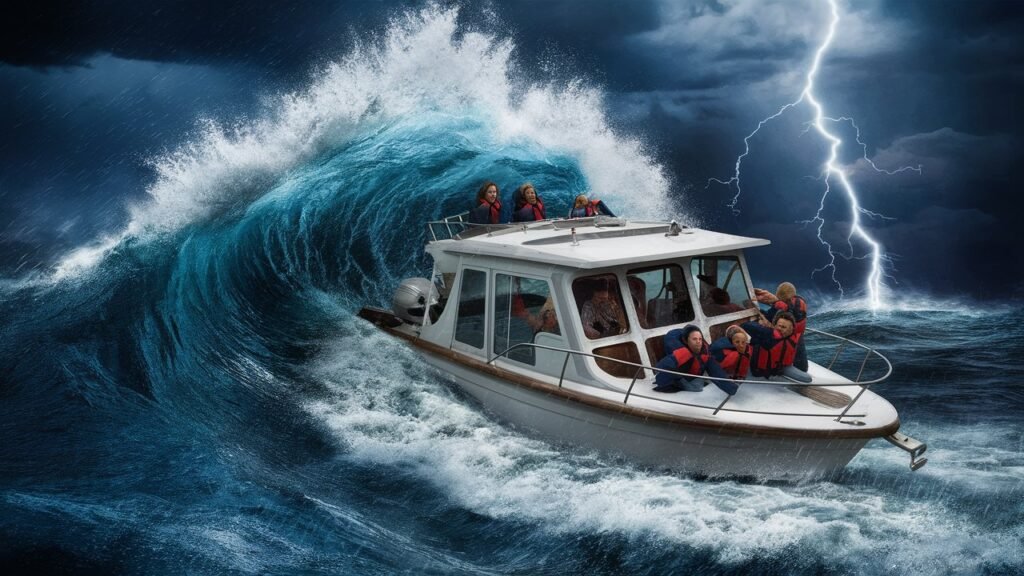
Key Steps to Take in Case of Distress or Emergency Situation
In the face of a hurtful or emergency situation, it is pivotal to stay cool and centered.
At first, evaluate the position you are in and guarantee your safety.
If required, dial emergency services without waiting for a moment.
Give all details concerning where you are and what happened at that place.
Then, initiate giving initial aid or assistance to injured people around who require it.
It is important that one follows any guideline given by those responding to emergencies so that this situation can be solved quickly.
Lastly, ensure suchlike incidents do not happen again by detecting possible hazards and implementing preventive measures.
Always keep in mind that being calm and fast can save lives during an emergency.
Conclusion:
To summarize, it is vital to rank safety measures first when trying to lower dangerous boating incidents and protect those aboard.
It is also worth noting that there are certain habits that may help prevent accidents or deaths while on the water, including wearing life jackets, driving at a safe speed and being ready for unforeseen circumstances.
In addition, comprehending the significance of ensuring safety in boating, correct navigation techniques and being aware of one’s surroundings are all part of responsible boat handling skills.
Regulatory compliance with Coast Guard requirements coupled with conducting safety inspections as well as responding appropriately during emergencies can help reduce hazards thereby fostering safe boating environment for everyone.
